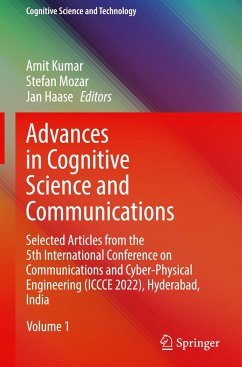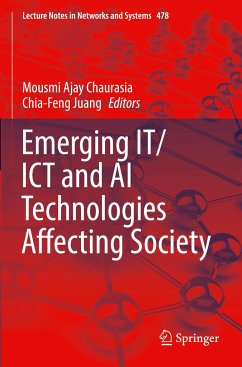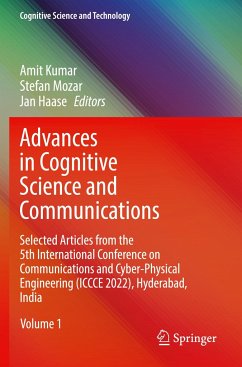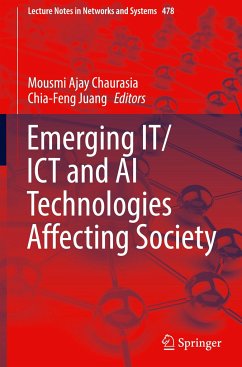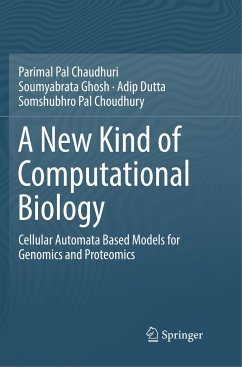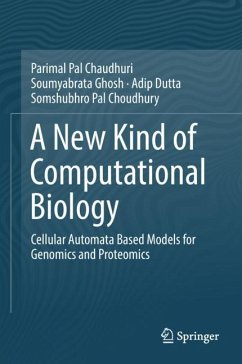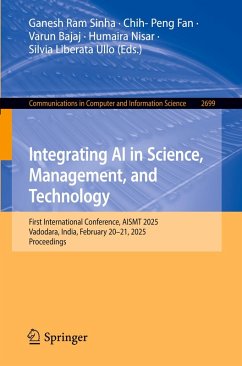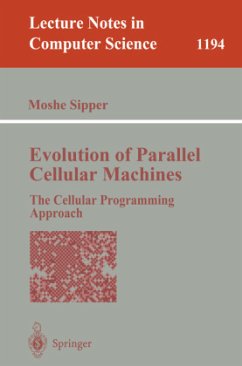
New Kind of Machine Learning-Cellular Automata Model

PAYBACK Punkte
38 °P sammeln!
This book introduces the CAML model, a novel integration of Cellular Automata (CA) and Machine Learning (ML), designed to deliver e cient computation with minimal training data and low computing resources. CAML operates through two key perspectives: one where CA is enhanced by ML to handle complex non-linear evolution, and another where CA strengthens ML by leveraging linear CA evolution to process linear functions e ectively.The book focuses on real-world applications of CA, such as in Computational Biology, where CAML models protein chains to predict mutations linked to human diseases, using...
This book introduces the CAML model, a novel integration of Cellular Automata (CA) and Machine Learning (ML), designed to deliver e cient computation with minimal training data and low computing resources. CAML operates through two key perspectives: one where CA is enhanced by ML to handle complex non-linear evolution, and another where CA strengthens ML by leveraging linear CA evolution to process linear functions e ectively.
The book focuses on real-world applications of CA, such as in Computational Biology, where CAML models protein chains to predict mutations linked to human diseases, using carefully designed CA rule sequences for each amino acid. Another significant application is in multi-language Sentiment Analysis, where the model analyzes text in five languages (Hindi, Arabic, English, Greek, and Georgian), without relying on pre-trained language models.
CAML uses CA rules for Unicode character modeling, o ering a transparent, interpretable prediction algorithm.
Overall, CAML aims to drive industrial and societal applications of CA, with an emphasis on transparent results and e cient hardware design through CA's regular, modular, and scalable structure.
The book focuses on real-world applications of CA, such as in Computational Biology, where CAML models protein chains to predict mutations linked to human diseases, using carefully designed CA rule sequences for each amino acid. Another significant application is in multi-language Sentiment Analysis, where the model analyzes text in five languages (Hindi, Arabic, English, Greek, and Georgian), without relying on pre-trained language models.
CAML uses CA rules for Unicode character modeling, o ering a transparent, interpretable prediction algorithm.
Overall, CAML aims to drive industrial and societal applications of CA, with an emphasis on transparent results and e cient hardware design through CA's regular, modular, and scalable structure.






